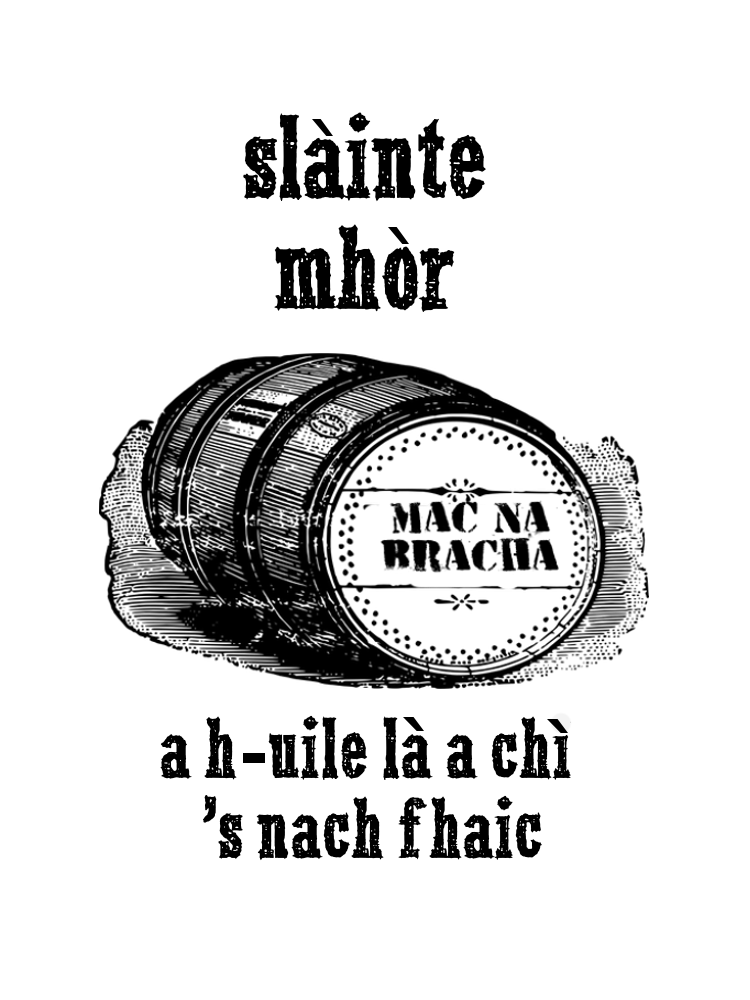This blog has always been a mixture of opinions - in general - mixed with views on and experiences of the world of whisky and its culture.
From day one, support and favouritism has been given to the 'wee guy'. We firmly believe that small is beautiful. That doesn't mean that big = ugly but really you can't beat something close and tangible to something that's distant in all meanings of that word.
Recently, the media made much of 130 'Scottish' companies who opposed Scottish independence and 200 who are in favour of it. Amongst the names on both sides were some from the whisky world.
Two of the names I noticed were Inver House distillers - in opposition to independence - and Springbank who see it as a golder opportunity. Inver House distillers produce many fine whiskies. But, how to they compare to the well respected Springbank?
This is from Wikipedia's page on Inver House:
Inver House Distillers Limited is a Scottish malt whisky distiller, based in Airdrie, North Lanarkshire. The company is now a subsidiary of Thai Beverages, one of the largest alcoholic-beverage companies in South East Asia, with a market capitalisation in excess of US$4bn.
Inver House Distillers is a leading distiller of single malt whisky, owning and operating five distilleries: Old Pulteney Distillery, The Speyburn-Glenlivet Distillery, Balblair Distillery, Knockdhu Distillery and Balmenach Distillery.This, from Sprinbank's Wiki page:
Springbank is one of only two distilleries in Scotland to perform every step in the whisky making process, from malting the barley to bottling the spirit, on same premises: the other is Kilchoman Distillery who also grow their own barley. While a few others still maintain the first step in the process, the malting of barley (which is becoming more rare), Springbank also bottles their own whisky.So, here we have it. One group of distilleries is owned by a 'faceless' international conglomerate and the other is, well, independent. As to the whiskies themselves, all have their qualities though personally I have found in the last two years that my whisky purchases increasingly include those from the Springbank stable. The new Longrow Red is likely to be my next.
Springbank is one of the few remaining family owned distilleries. Nearly all of its whisky is sold as a single malt, with little of it finding its way into blends. Most blends are produced by larger conglomerates who tend to use the single malts from the distilleries that they own in their blends. Springbank produces two of its own blends, 5 year old Campbeltown Loch, and Mitchell's 12 year old.
Quoted in the Scotsman, Neil Clapperton of Springbank:
But Mr Clapperton, managing director of Springbank Distillers, said: “The Scottish whisky industry has nothing to lose and everything to gain from independence. Whisky is an iconic Scottish product hugely important to our economy. It accounts for a quarter of all UK food and drink exports, earning £135 every second.
“We must do all we can to support every stage of its production here in Scotland, from our barley farmers through to our whisky producers. I am certain that is best done as a normal nation with the full powers of an independent country.”
He warned: “The biggest threat to the whisky industry comes from the in/out European Union referendum the UK is planning, and the fact this could close EU influence in getting whisky into foreign markets.”
In the pro-Yes letter, the Springbank boss and others state that “independence is in the best interests of Scotland’s economy and its people”.
As with crofting communities, local ownership has to be the preferred option for whisky distilleries if they seek to benefit the local community as well as those with vested interests, financially, in the business.
This must count for nations as well. There is always uncertainty and there will be whether or not we vote yes or no to our self-determination - not least will we see a Tory-Ukip coalition in Downing St that takes us out of Europe whether we like it or not. However, at the end of day, do we want to leave control over important issues to a handful of distant millionaires or do we trust ourselves to do what's best for our country.
Who should deal with...
- welfare? Who is best placed to provide for our pensioners, working families, disabled, students as well as those without work?
- pensions? Why are we working longer and paying more to receive smaller pensions when we can 'afford' an unelected House of Lords with 800 members who receive £800 a day expenses?
- political priorities? Is it really necessary for the UK government to spend £billions on Trident and more recently, £4billion on 600 armoured vehicles?! Or could we provide something more tangible to our citizens in the form of more nurses, doctors, teachers and better public transport?
- our wealth? Whisky apparently brings in £130 per second to the London treasury. Oil, tourism, the financial sector, food, research, technologies and renewable energy adds to this wealth. Do we trust ourselves to spend it according to our needs or do we leave it to a succession of Westminster governments who have, arguably, wasted it for the past 40 years?
Otherwise, vote Yes on September 18. Then, enjoy a dram or three at the mother of parties that will follow a Yes vote and look forward to a bright new future.











